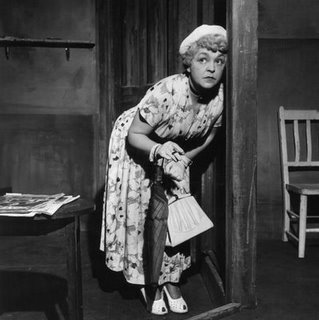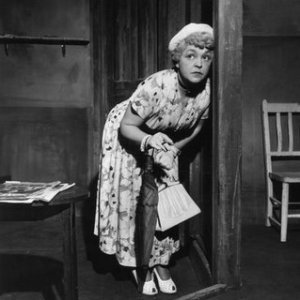 “There was something I was going to write about for my Indies Unlimited post this week,” I said to my daughter Kat. “Do you remember what it was?”
“There was something I was going to write about for my Indies Unlimited post this week,” I said to my daughter Kat. “Do you remember what it was?”
“Hmm. Maybe it was punctuation in dialogue,” she said.
“You’re right!” I said. “You were saying that your teachers never went over it in school.”
“Yeah,” she said. “We concentrated on learning the rules for writing essays, because that’s what kids need to know to pass the state-mandated tests.”
I interjected, “Which the kids need to do so the teachers can keep their jobs.”
“Exactly. And there’s no dialogue in an essay.” Continue reading “Dialogue: Punctuation”


